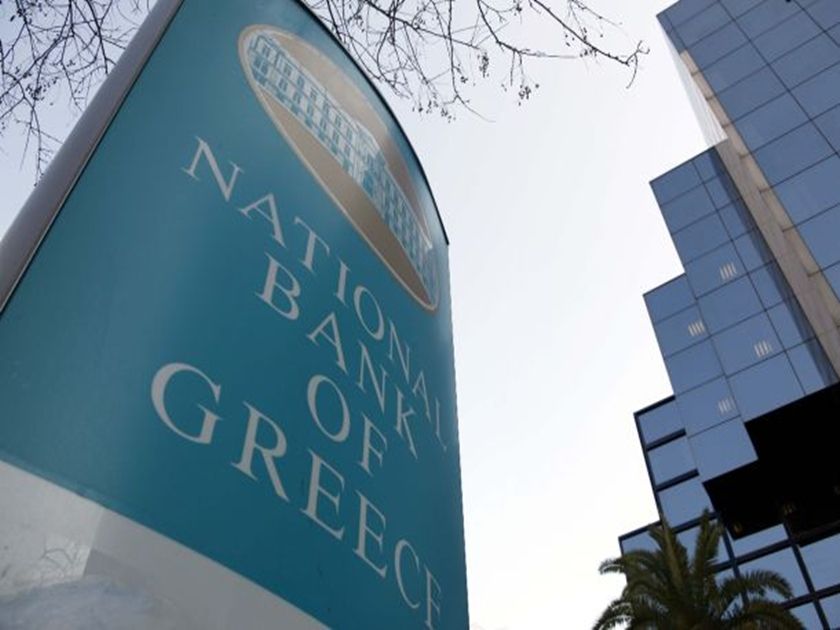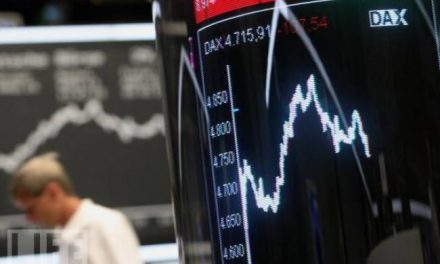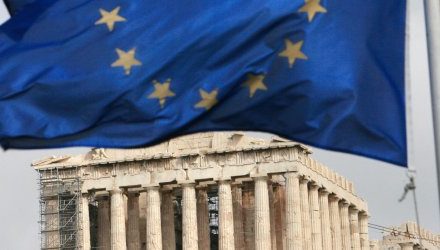By Troy Kuhn, bidnessetc.com
After gaining 45% in Monday’s trade, Greece’s top banking stock continues to carve new lows; raising an important question of whether it’s all downhill from this point?
Presently, Greek banking stocks are an acute case of dented credibility, and present little or no appeal to prospective investors. National Bank of Greece (ADR) (NYSE:NBG) stock dropped a further 20% yesterday to close at $0.20. The downward trajectory did not stop with the closing bell. In fact, shares lost an additional 5% in extended trading as of 07:59 PM EST yesterday.
Investors have steadily become accustomed to volatile movements in Greek banking stocks. These shares now risk losing credibility in Greece, with Greece’s stakes in these stocks dropping at an alarming pace. Specifically, the country’s largest lender based on the number of assets, National Bank of Greece battled a significant blow on account of fast eroding market cap. Greece previously held a 57% stake in National Bank of Greece; underlying volatility has pulled it down to 24%.
Moreover, battered investor sentiment is acting as a significant drag on banking stocks, pulling prices into a steeper downward trajectory. A number of investors fear that their shares could soon become penny stocks, generating massive losses. As a result, the massive trading volumes witnessed in these stocks present little surprise. The fear factor has unleashed significant bearish momentum, triggering an acute sell off in Greek banking stocks.
Importantly, another element that carved further troubles for an already battered banking sector surfaced in the form of recapitalization. Although the recapitalization strategy was dubbed in favor of the banking sector, which presented an avid opportunity to Greek banks to tap capital generating options, the policy has its downsides. Importantly, it has pulled market caps to the floor. An important question that surfaces is whether these shares have the capacity to battle such violent blows.
Bidness Etc believes that the downward rally in Greek banking stocks is by no means over. Digging into the mechanics, National Bank of Greece currently has a total of 3.53 billion outstanding shares. As per the recapitulation strategy, the bank has offered more than 73 billion new shares at a price per share of €0.02. This means that current shareholders in National Bank of Greece represent less than 5% of the overall company. As if the consistent cuts to market value spewing from bailout developments were not enough, present shareholders now face a massive dilution due to the new shares being offered at significantly discounted prices.
While recapitalization seeks to tweak bank balance sheets and improve long-term prospects for Greek banks, it has levied alarming taxes on stocks that could give rise to deeper problems. Professor of banking law at the University of Edinburgh, Emilios Avgouleas told CNBC that the latest plunges in banking stocks are a serious cause of concern. The professor was shocked to observe that sale of these discounted shares is actually being encouraged by Greece’s international creditors. The losses incurring from diluted bank shares place a substantial burden on tax payers in Greece.
Greece and the Eurozone
Speaking of international creditors, Greece recently mended ties that were placed on the burner earlier this month. After stringent negotiations with both sides adopting a resilient stance, Greece finally gave in and accepted demands placed down by its international creditors. As a result, the debt-ridden country welcomed additional bailout funds, as pledged in the third bailout package. Nearly $2 billion was released yesterday to help Greece meet its debt service obligations, clear any dues, and co-fund development and economic projects with the European Union.
Furthermore, the European Central Bank is presently weighing options that are aimed at improving and bolstering the stability and unity of the euro zone region. These options include slashing deposit rates and expanding quantitative easing. Although these policies are targeted at improving prospects for the entire Eurozone, Greece is expected to benefit from the positive spillover effect.
While addressing a gathering in Frankfurt, the European Central Bank’s president, Mario Draghi stressed: “If we conclude that the balance of risks to our medium term price stability objective is skewed to the downside, we will act by using all the instruments available within our mandate. In particular, we consider the APP to be a powerful and flexible instrument, as it can be adjusted in terms of size, composition or duration to achieve a more expansionary policy stance.“ At a time when one of its members is on the brink of a financial collapse, the European Central Bank is considering options that would help consolidate policies. However, the European Central Bank’s policies and efforts will hold no meaning if Greece fails to meet the economic targets demanded by the Eurozone and other international creditors. Additionally, EU’s stability rests significantly on the recovery of Greece. Worsening events in Greece’s debt saga, could trigger a domino effect in the Eurozone and pull other weak countries down to a similar place as Greece.
According to the consensus, Greece is expected to slip back into a mild recession next year. This along with a high level of debt, which is consistently on the rise, formulates additional difficulties for the country. Given expectations, banking stocks are set to drop further. A bleak economic picture along with crippled banks discredits the position of Greece in the Eurozone and places a question mark on the country’s future.
NBG stock was down 12.5% at $0.175 in pre-market trading today, as of 6:55 AM EST.



















